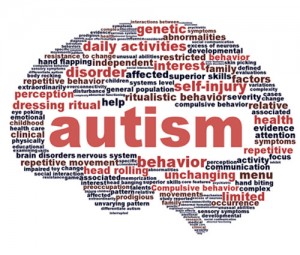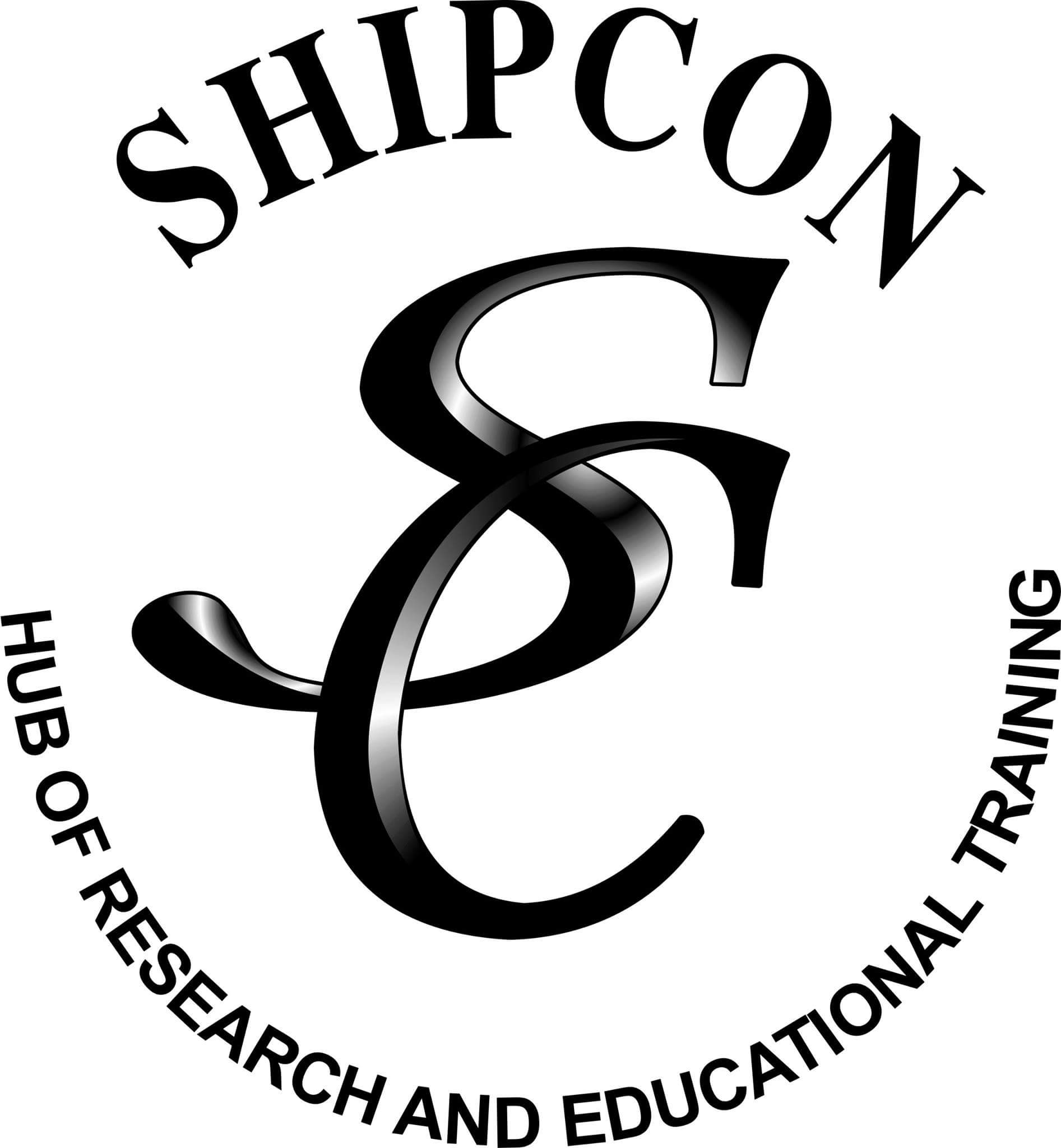DESCRIPTION
 This course introduces Autism Spectrum Disorders and gives participants a greater understanding to identify Autism characteristics, whether in an Education setting or in the home.
This course introduces Autism Spectrum Disorders and gives participants a greater understanding to identify Autism characteristics, whether in an Education setting or in the home.
Participants will learn about the specific characteristics of a person with Autism and have the opportunity to understand the unique way in which they experience the world, focusing on the core Autism difficulties in Social Interaction, Communication, Imagination, together with sensory and environmental difficulties.
Understanding Autism Spectrum Disorders – Introduction and Interventions masterclass course combines theory with good practice, and is a ‘first level’ introduction to Autism aiming to provide understanding and strategies suitable for supporting children and young people in a variety of settings.
Participants will have the opportunity to develop some practical and positive solutions to behaviours resulting from Autism led anxiety, risk assessment, and management of environments to assist Educational Inclusion.
The course is recommended for Head Teachers, Teachers and Parents, either already associated with children and young people diagnosed with ASD, or those who wish to know more in order to develop awareness of Autism, as ‘first point of contact’ in an Education or Home setting.
Main Aims
- Understanding of Autism and seeing the world from the point of view of the Autistic Individual
- Identify the key characteristics associated with Autism Spectrum Disorder.
- Learn to identify the causes behind behaviours
- Understand and Manage Behavioural risk assessment
- Learn positive and practical strategies for intervention and opportunities for inclusion
Why ASDI?
 Autism is a spectrum disorder, meaning that there is a wide degree of variation in the way it affects people. Every child on the autism spectrum has unique abilities, symptoms, and challenges. Learning about the different autism spectrum disorders will help you better understand an autistic child, get a handle on what all the different autism terms mean, and make it easier to communicate with the doctors, teachers, and therapists.
Autism is a spectrum disorder, meaning that there is a wide degree of variation in the way it affects people. Every child on the autism spectrum has unique abilities, symptoms, and challenges. Learning about the different autism spectrum disorders will help you better understand an autistic child, get a handle on what all the different autism terms mean, and make it easier to communicate with the doctors, teachers, and therapists.
Every individual on the autism spectrum has problems to some degree with social skills, empathy, communication, and flexible behavior. But the level of disability and the combination of symptoms varies tremendously from person to person. In fact, two kids with the same diagnosis may look very different when it comes to their behaviors and abilities.
Understanding Autism Spectrum Disorders – Introduction and Interventions masterclass course will prove to be an invaluable course for all those associated with children and young people diagnosed with ASD, since it is widely accepted that, a) The more you know about autism spectrum disorders, the better equipped you’ll be to make informed decisions for a child, b) It is important to be able to figure out what triggers a kid’s “bad” or disruptive behaviors and what elicits a positive response. What does an autistic child find stressful? Calming? Uncomfortable? Enjoyable? In depth understanding of what affects an autistic child, immensely helps at troubleshooting problems and preventing situations that cause difficulties, c) you need to accept an autistic child, rather than focusing on how an autistic child is different from other children and what he or she is “missing,”, that is, practice acceptance.
Who to attend ASDI?
The ASDI course is ideal for:
- School principals & directors (primary & secondary)
- Teachers (primary & secondary)
- Teachers working with SEN pupils
- Educational Advisors
- Paraprofessionals
- Phychologists
- Parents
METHODOLOGY OF THE COURSE – ADDED VALUE
The course methodology will ensure the active involvement of the participants in all phases, that is, prior, during and after the delivery of the course. More specifically, upon confirmation that the course will take place, the participants will receive preparatory material (if needed), which will cover all important concepts to be presented during the delivery of the course. The participants will have the opportunity to exchange feedback with the organiser of the course, ShipCon, and the trainer as well as to request any clarification related to the content of the course.
The methodology of the training is based on a combination of three important elements:
- Provision of knowledge required (theory)
- Use of training tools, such as case studies, videos, games, animations & exercises (practice – hands on experience)
- Feedback/reflection (review)
During the delivery of the course, the participants will receive hard copy material, which will cover the content to be presented in all five (5) days of the seminar. The material will be presented in a form of Power Point (PPT) presentations, videos & animations. Moreover, the active involvement and hands on experience of the participants will be secured through various training tools, such as case studies, worksheets, scenarios & exercises. These training tools are necessary to ensure that the theoretical knowledge gained by the participants can be used in real life scenarios; an important aspect & added value for any training course.
At the final day of the course, the participants will have the opportunity to reflect on the information received and the experience gained in the specific field of study. Moreover, the participants and their institutions will be encouraged to be members of ShipCon ‘Network of Excellence’, an international hub and forum for entrepreneurs & innovators to exchange ideas, novel concepts/approaches & best practices in the area of environment and education.
BENEFITS TO PARTICIPANTS – SKILLS & COMPETENCES
The course is ideal for school principals, teachers of primary and secondary education, educational & clinical psychologists and parents who wish to gain in depth understanding of Autism and capability to identify the key characteristics associated with Autism Spectrum Disorder.
By the end of the course, delegates will have acquired capabilities to:
- Understand Autism and be able to comprehend the world from the point of view of the Autistic Individual
- Identify the key characteristics associated with Autism Spectrum Disorder.
- Learn to identify the causes behind behaviours
- Understand and Manage Behavioural risk assessment
- Learn positive and practical strategies for intervention and opportunities for inclusion
PROGRAMME OF THE TRAINING ACTIVITIES (DAY BY DAY)
Monday – introduction – What is Autism ?
– Autism Facts and Myths Quizz
– The Autism Spectrum – Kanners and Asperger
– Causation – co morbidity with other conditions
– Introduction to Social Communication, Social Interaction, Social Imagination difficulties
– Theory of mind – mind blindness, Executive function dysfunction, Weak Central Coherence
– Introduction to Ritualistic and Obsessive behaviours
– The impact of Anxiety
– The Attributes of Autism
Tuesday – Autism and the Sensory World
– Sensory impacts on Autism, and resulting behaviours.
– A is for Autism Video
– Identify the senses – Exercise.
– Information Processing
– Managing the Sensory Environment to reduce behaviours
– Introduction of the techniques for identifying and managing behaviours.
Wednesday – Managing Communication through Visual Structure
– The importance of visual communication
– Structured approaches – using structure for orientation and communication
– Managing and structuring the Environment
– Structured communication systems – examples
Thursday – Coping with Challenging Behaviours – an introduction.
– What is challenging behaviour? – Different forms of challenge.
– Our responses to challenging behaviour
– Analysing the reasons behind behaviours – triggers and techniques
– Rituals and Obsessions – distract and divert techniques
– Can’t or Won’t – Putting context to behaviour
– Prevention & Introduction to Social Stories
– Identifying and Managing Risk – recording.
Friday – Case Studies & Reflections
Going forward – Practical guide to Positive understanding and Approaches
Practical session, Case studies – Identify Behaviours and develop Positive interventions.
Practical session – Case studies – using resources provided, design and make structured approach tools to take away.
Click here for relevant resources on this masterclass course
CERTIFICATIONS AWARDED
- Certificate of attendance & certificate of competence (skills & competences required – Europass CV)
- Europass mobility certificates – to be issued by the applicant’s National Authority (NA)
| LOCATION | DATES | STATUS | REGISTRATION |
|---|---|---|---|
| PRAGUE – CZECH REPUBLIC | 24.11.2025 - 28.11.2025 | CONFIRMED | |
| VALENCIA - SPAIN | 23.11.2026 - 27.11.2026 | CONFIRMED | |
| VALENCIA - SPAIN | 22.11.2027 - 26.11.2027 | CONFIRMED |
List of all ShipCon Erasmus+ upcoming confirmed courses here
